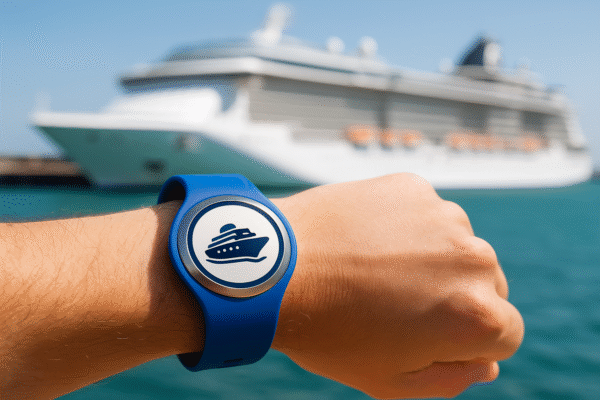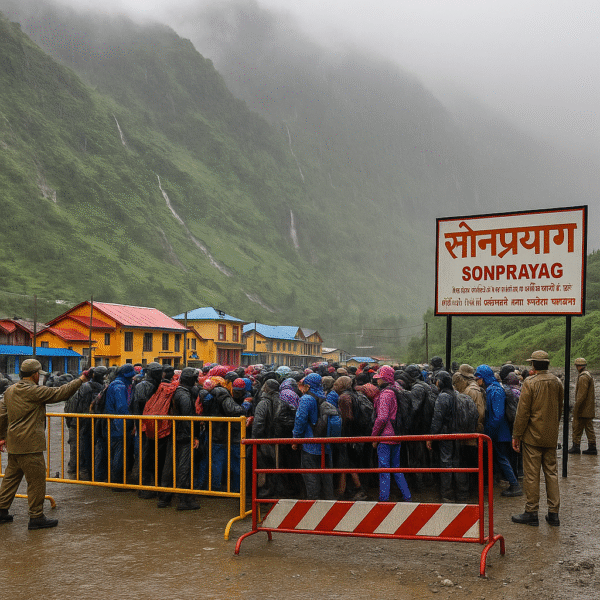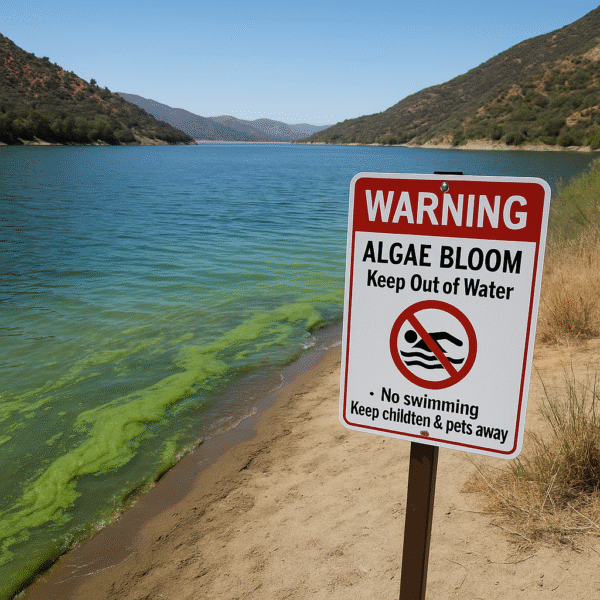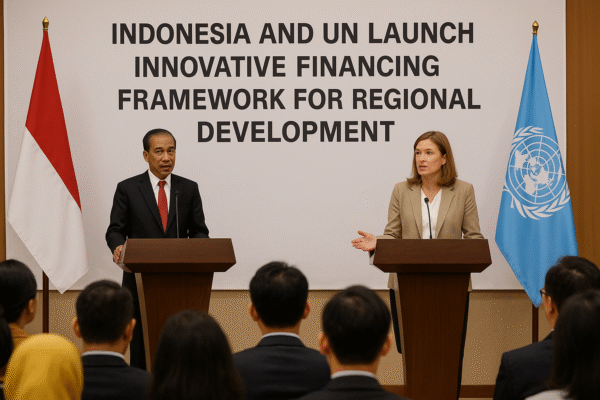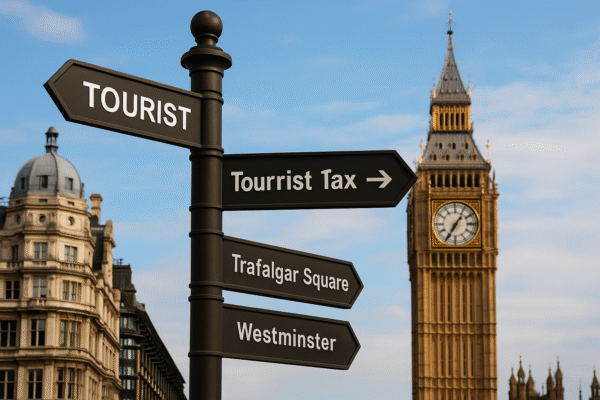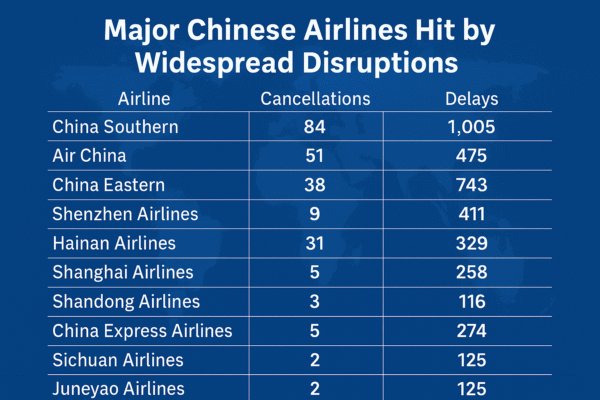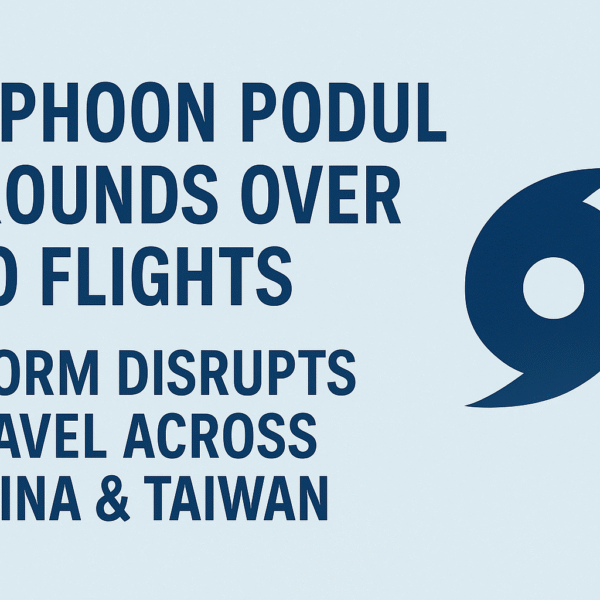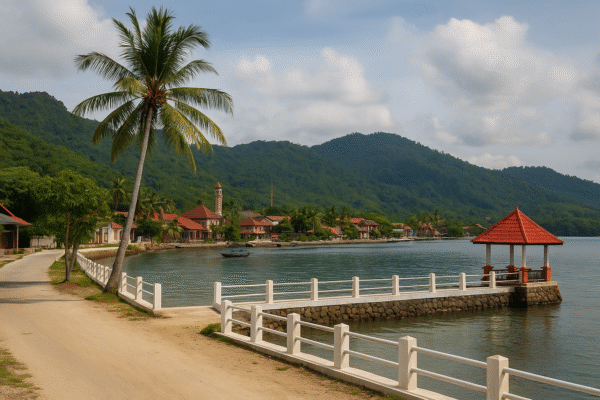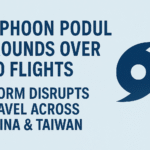Jakarta, Indonesia – Indonesia is making a decisive move to close its regional development gaps with the launch of innovative financing mechanisms, supported by the United Nations, designed to channel investment into underserved and remote communities. This initiative, formally introduced during the Bappenas–UN Forum 2025 at the Ministry of National Development Planning in Jakarta, marks the start of the Indonesia–United Nations Sustainable Development Cooperation Framework 2026–2030.
The program aims to tackle inequalities, modernise infrastructure, and unlock sustainable growth potential across the nation. By tapping into both public and private investment streams, the framework provides a long-term, scalable model for funding development in places that have historically been left behind.
Aligned with National Goals
The cooperation framework is closely tied to Indonesia’s RPJMN 2025–2029 medium-term strategy and the RPJPN 2045 long-term vision, which seeks to transform Indonesia into a prosperous and resilient economy by its centenary of independence. This alignment ensures the UN’s support strengthens national priorities rather than running parallel to them, improving efficiency and avoiding duplication of efforts.
Three Main Pillars for Change
- Human Development – Improving access to quality healthcare, education, nutrition, and social protection, with a strong focus on rural and remote areas. This pillar aims to bridge the gap between urban and rural services, ensuring equal opportunities for all citizens.
- Nature, Decarbonization, and Resilience – Addressing climate change, protecting biodiversity, and promoting a transition to renewable energy. With Indonesia’s vast coastlines and forest reserves at risk, the framework supports conservation, climate-smart agriculture, and disaster-resilient infrastructure.
- Economic and Digital Transformation – Encouraging green job creation, boosting small and medium-sized enterprises (SMEs), and expanding digital infrastructure. Strengthening data systems will allow faster, more informed decision-making for both government and investors.
Financing Innovation at the Core
To fund these goals, the UN and Indonesia are deploying new financing tools such as the Indonesia SDGs Accelerator Fund and provincial thematic bonds. These allow local governments to tailor development programs to their region’s specific needs, whether that is building climate-resilient coastal tourism hubs or modernising rural hospitals.
By attracting private sector participation and offering transparent, accountable management, these financing methods aim to reassure investors while ensuring that funds directly benefit communities.
Inclusive and Collaborative Planning
The framework was developed after months of consultations with ministries, local governments, civil society, youth groups, and private enterprises. This inclusive process ensures the policies address real-world challenges and have broad public support. It also helps coordinate the efforts of 22 UN agencies operating in Indonesia, improving delivery and avoiding wasted resources.
Tourism and Regional Growth Opportunities
Tourism is expected to be a major beneficiary of this initiative. Many of Indonesia’s most beautiful destinations, from the Raja Ampat islands in West Papua to the remote beaches of Maluku, lack adequate infrastructure. Improved roads, ports, digital connectivity, and sustainable tourism facilities could boost visitor numbers while preserving natural beauty.
The push for eco-tourism aligns with the framework’s environmental pillar, promoting experiences that benefit local communities and protect fragile ecosystems. This approach positions Indonesia to attract higher-value tourism while ensuring the long-term health of its natural assets.
Resilience Against Climate and Economic Shocks
Indonesia’s geography makes it vulnerable to climate change impacts, from rising sea levels to extreme weather events. The framework addresses this by funding infrastructure that can withstand environmental pressures and supporting communities in developing adaptive livelihoods, such as climate-resilient farming and sustainable fishing.
These efforts not only safeguard the environment but also strengthen Indonesia’s economic resilience, particularly in remote areas where tourism and natural resources are major income sources.
Implementation and Accountability
Each program under the framework will include measurable targets and robust monitoring systems. This ensures that investments produce tangible improvements and can be adjusted if goals are not being met. Transparency is a priority, with regular public reporting planned to maintain trust among stakeholders.
Looking Ahead
The Indonesia–UN Sustainable Development Cooperation Framework 2026–2030 is more than a policy document; it is a blueprint for inclusive, sustainable progress. By integrating innovative financing, targeted investment, and strong partnerships, Indonesia is setting an example for other developing nations facing similar regional inequalities.
From improved healthcare access in the highlands to sustainable tourism development in far-flung coastal areas, the benefits of this collaboration could be felt nationwide. With its combination of economic ambition, environmental stewardship, and social inclusion, Indonesia is charting a path that could redefine regional development in Southeast Asia.
For more travel news like this, keep reading Global Travel Wire



